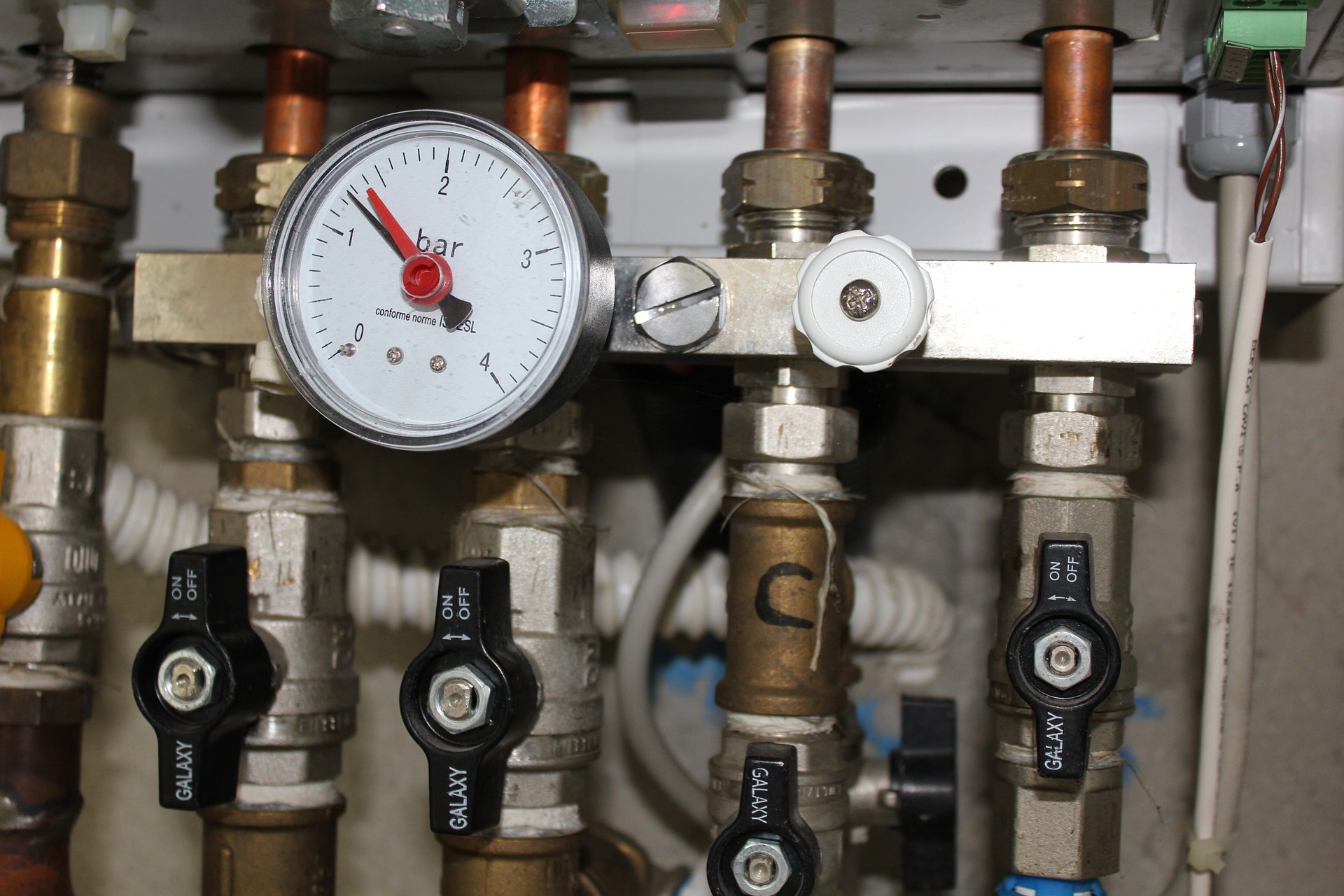How often do you update your tech products? Most people are happy to get a new mobile phone every couple of years, or to shell out for the latest widescreen television. But just how willing would you be to part with your hard-earned cash to install a new, more efficient boiler?
Research from Hometree suggests that the majority of Brits would be reluctant to pay for such a change – even if it meant saving money in the long run. A survey of more than 2,000 adults in the UK threw up some interesting results…
Boilers at the bottom when it comes to priorities
Of course, there are occasions where boilers break down completely and a new one is required. But how often are homeowners happy to upgrade even if there’s nothing wrong with the existing model? Not very, it seems – Hometree’s research found that only 21% would do so and more than half (54%) would begrudgingly fork out. In comparison, 46% said they would be happy to upgrade their mobile phone, while the numbers were similarly high for TVs and tablets (44%) and wearable tech such as Garmin watches (42%).
A once-in-a-decade decision
The survey also found that the average Brit updates their boiler every 9.2 years – much longer than any of the other goods researched, with fridges (renewed every 7.2 years) next highest on the list. Mobile phones, however, are upgraded every 3.1 years on average while the likes of smart speakers, wearable tech and tablets are swapped out with similar frequency.
The reasons behind the trends
It seems that for many people, having the latest personal devices is a higher priority than heating their home in a more efficient manner. And it appears that the main reasons for Brits’ reluctance to upgrade their boilers is the time it takes and the amount of money it costs – even though government housing and energy grants are available for those looking to reduce their impact on the environment.
And, as Hometree’s Founder and CEO Simon Phelan explains, those typical concerns need not hold customers back any longer:
“Boilers are bottom of people’s lists when it comes to upgrades, despite them being the heart of the home, arguably the most important white good,” he says. “Consumers can actually save up to 30% on their household bills with a new energy efficient boiler but the initial cost to purchase the boiler puts them off.”



 Bitcoin
Bitcoin  Ethereum
Ethereum  Tether
Tether  XRP
XRP  Solana
Solana  USDC
USDC  TRON
TRON  Cardano
Cardano  Lido Staked Ether
Lido Staked Ether  Avalanche
Avalanche  Toncoin
Toncoin